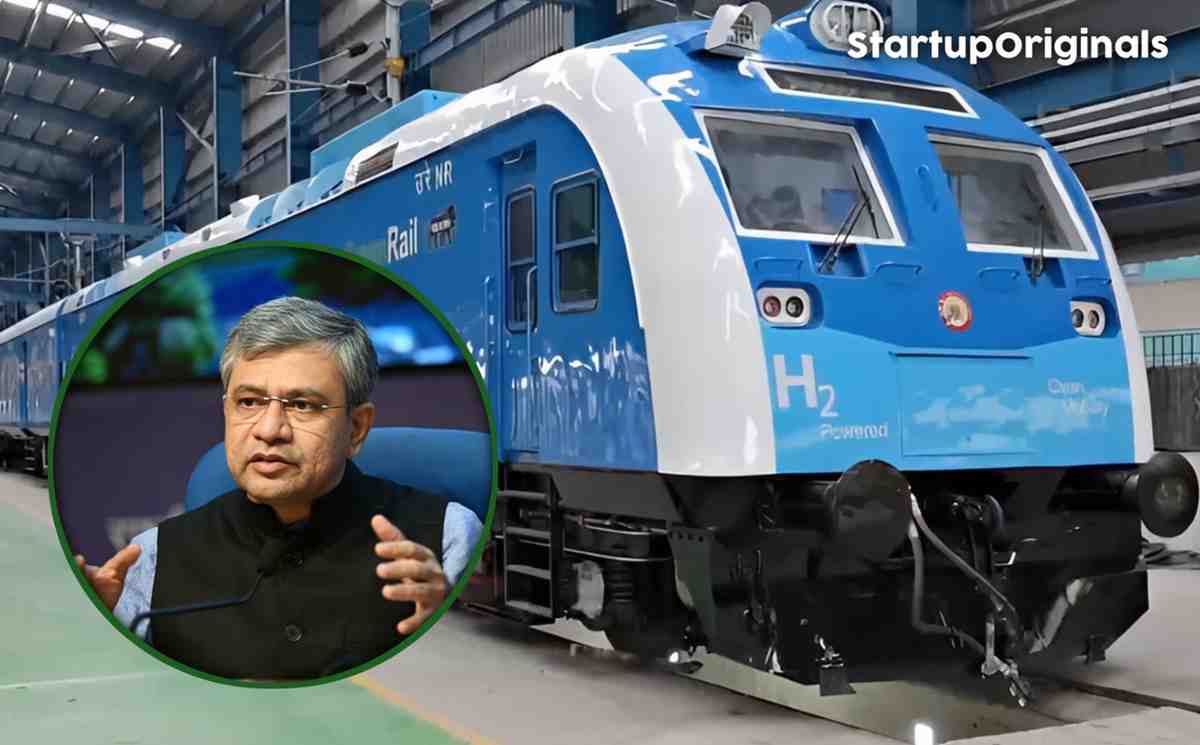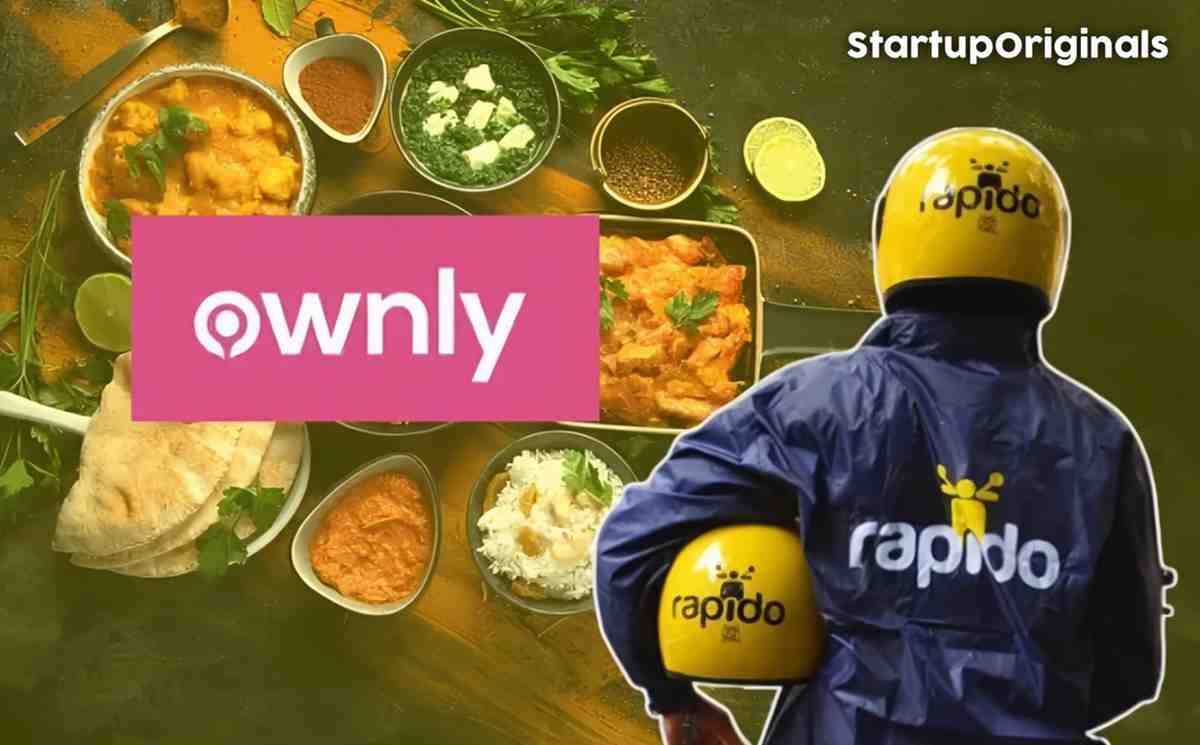
India is gearing up for a historic transformation in its railway sector with the upcoming launch of its first hydrogen-powered train. Championed by Railway Minister Ashwini Vaishnaw, this innovative project showcases the country’s commitment to sustainable and eco-friendly transportation. Once operational, India will join the ranks of countries like Germany, France, Sweden, and China, which have already integrated hydrogen trains into their networks.
Where Will the Train Run?
The first hydrogen train will operate on the Jind–Sonipat route in Haryana. Stretching across 89–90km, this line was chosen for both its strong railway connectivity and strategic importance for pilot green initiatives. Initial operations are expected to start by August 31, 2025.
Key Features and Technology:
World’s Most Powerful Hydrogen Train:
- Capacity: 2,600+ passengers per journey-the highest for a hydrogen train globally.
- Engine Power: 1,200 horsepower, setting a new benchmark among hydrogen trains worldwide.
- Speed: Can reach up to 110km/h, ensuring efficient travel for commuters.
- Indigenous Design: Developed and tested at Chennai’s Integral Coach Factory (ICF) and designed by the Research Designs and Standards Organisation (RDSO), using 100% Indian technology.
How Does the Hydrogen Train Work?
- The train’s engines are powered by fuel cells that convert stored hydrogen (220kg per car) and oxygen into electricity, producing only water vapor as a by-product. This process ensures zero direct carbon emissions or pollutants, positioning these trains as true “green” alternatives to diesel.
- Three special coaches on the train store hydrogen cylinders and house integrated converters, batteries, and reservoirs, enabling the train to run smoothly over long distances.
Safety and Engineering Excellence:
Given hydrogen’s high flammability, safety is a top priority:
- Trains feature advanced safety systems: pressure relief valves, hydrogen leak detectors, flame sensors, temperature monitoring, and optimized ventilation throughout the coaches.
- Extensive Computational Fluid Dynamics (CFD) testing simulated leak scenarios to ensure robust mitigation measures in real conditions.
- The hydrogen storage and refueling facility at Jind was built to stringent guidelines, including robust power supply, dedicated firefighting, and secure access routes.
Cost, Pilot Scale, and Expansion:
- Project Cost: The pilot project is valued at Rs136 crore, covering train conversion and infrastructure at Jind.
- Future Plans: Indian Railways aims to expand this green technology, deploying up to 35 hydrogen trains by 2030-mainly on heritage and mountain rail routes under the “Hydrogen for Heritage” initiative.
- Long-Term Savings: While upfront investment is high, hydrogen trains are projected to save up to ₹33 crore annually compared to conventional diesel trains.
Environmental and National Impact:
This project is a key part of India’s goal to achieve net-zero carbon emissions by 2030 within its railways. Hydrogen trains lead in:
- Zero emissions: Only water vapor leaves the exhaust, drastically cutting pollution.
- Energy efficiency: Fuel cells offer more efficient energy use with less noise and vibration, improving passenger comfort.
- Cost-effectiveness: Reduced dependence on diesel leads to long-term fuel and maintenance savings.
Conclusion:
India’s first hydrogen-powered train heralds a new age of sustainable rail travel and positions the nation as a pioneer in green transportation. With robust safety measures, impressive technological advancements, and a clear focus on environmental responsibility, this innovation will reshape railways and inspire ambitious green projects nationwide.




